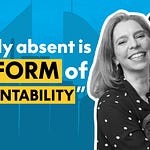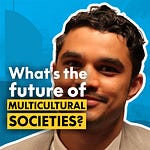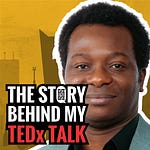Please forward this to ONE friend today and tell them to subscribe here.In this episode, I am speaking with Ben Joffe, a French native who's lived and worked across Japan, Korea, China, Singapore, Malaysia, Hong Kong, United States, Germany, and currently Portugal. Ben also speaks fluent French, English, Japanese, pretty bad Korean and Chinese, and average Portuguese (thanks to high school Spanish classes).
Talk about being a global citizen. This lived experience means Ben has developed a great understanding of how much our default cultural programming defines how we see and interact with the world.
Having your default cultural programming turned on is not necessarily a bad thing. However, it’s important we recognize that we all have these underlying prompts which influence our language structure, our views on material success, personal relationships, and more. Especially when we move to a new country.
In this conversation, Ben and I explore why some cultures lead with “what do you do?” while others consider that question rude. We also chat about:
Local comedy and why it’s a great way to understand cultural nuances and codes
Why he’s more focused on teaching his kid curiosity than nationality
The phone call that changed his understanding of Korean culture
Why he doesn't identify as an immigrant or expat despite living in 7+ countries
Dozie’s Notes
A few things that stuck with me as I listened through this week’s conversation:
The same word can mean different things depending on where you are from. A major barrier to cross-cultural understanding isn’t a lack of shared language but the hidden cultural codes behind words. A term like “friendship” or “car” has a completely different meaning in Korea, the U.S, or France. Learn to ask “What do you mean?” whenever possible.
Cultural fluency which then leads to proper integration is an everyday activity. To truly understand a new country or society requires deliberate effort. Learn the language, watch local stand-up comedy, volunteer, engage in local activities. Being a passive observer rarely helps.
Your multicultural identity is additive. A multicultural identity is not about losing a piece of one culture to gain another. Instead, it’s you adding new layers to your identity that end up creating a human that’s more than the sum of their parts.
Official Links
✅ Connect with Ben Joffe on LinkedIn
✅ Check out Ben’s vibe coding course
✅ Consider reading The Culture Code by Clotaire Rapaille
One Ask
If you found this story helpful, please forward or share it to one immigrant out there.














